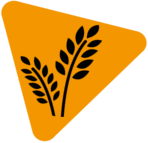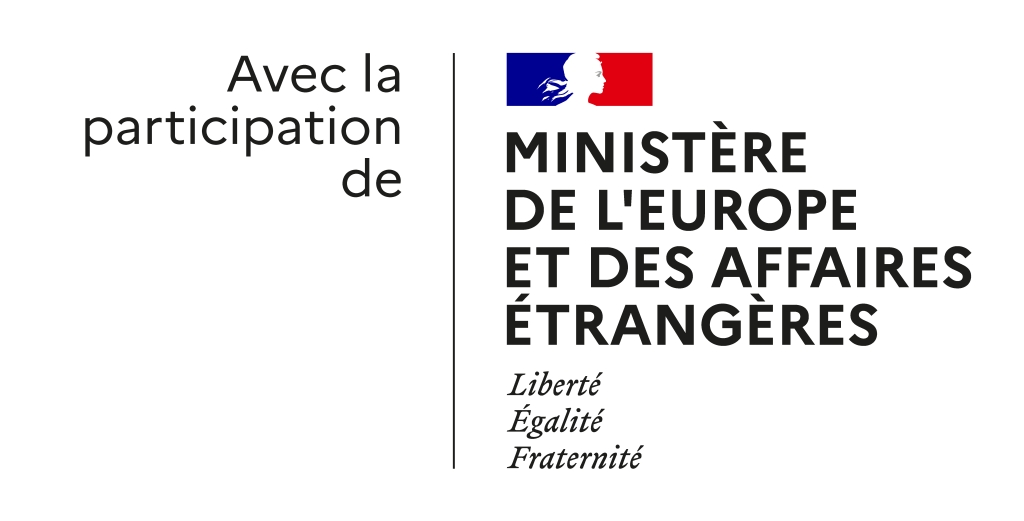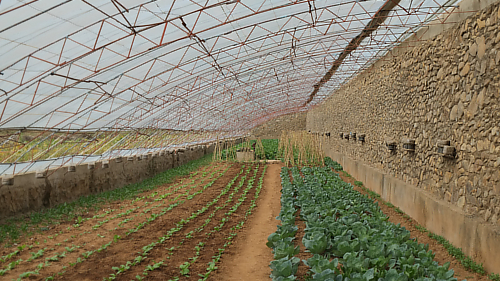Beneficiaries
5,801
Duration
End date suspended
Total budget
€100,000

Food security & Livelihood
Funding


Programme details
Partners
- Korea-Europe Cooperation Coordination Agency (KECCA),
- Academy of Agricultural Science (AAS),
- Child Nutrition Institution (CNI)
Funded by the Programmed Food Aid of the Ministry of Europe and Foreign Affairs, this project is a continuation of the work already carried out by TGH in the DPRK, as it co-finances another food security programme implemented in the province of South Hamgyong, in Hamju and Jongpyong counties, funded by the European Union (DEVCO), which began in May 2019 for a period of 36 months.
The project is based on two agricultural farms in Pungsong and Sondok. These farms mainly produce cereals and vegetables and contribute to the food supply of Hamju and Jongpyong counties. However, these farms are highly vulnerable to the vagaries of the weather, which can have a negative impact on crop yields. As a result, they are unable to meet the nutritional needs of the population.
The aim of this project is to reduce food insecurity by strengthening agricultural production systems to increase vegetable production for rural families and institutions for young children, through three strands:
The first part aims to support the market gardening activities of the cooperative farms, by distributing seed kits and tools (spades, plastic sheeting, watering cans, etc.), and setting up a monitoring system to ensure that the tools and seeds distributed are used correctly, as well as providing technical support and monitoring production.
The second component consists of supporting vegetable production by improving composting techniques, in particular through the construction of composters, the distribution of small equipment (compost activators, thermometers) and the organisation of training courses, in partnership with the Pyongyang Academy of Agricultural Sciences (AAS), to encourage the adoption and dissemination of composting as a soil fertilisation technique and to improve the resilience of agricultural cooperatives to climatic hazards (crop rotation methods, sheltered cultivation systems and fodder production).
A third component aims to provide support to institutions for young children in order to improve the nutritional quality of meals, with the distribution of a grinder for each institution to prepare soya milk, training for canteen staff in good food hygiene and nutritional practices, in partnership with the Child Nutrition Institute (CNI), and the distribution of food rations to children during the agricultural lean season.
Ultimately, all these actions will help to increase vegetable production, so that the cooperative farms can meet their needs and distribute more vegetables to institutions for young children, thereby alleviating food insecurity in Hamju and Jongpyong counties.